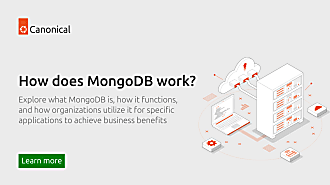John Zannos
on 23 September 2014
Canonical and Oracle are collaborating to offer customers support for both Ubuntu and Oracle Linux as fully supported guests on one another’s respective OpenStack offerings.
As part of this collaboration, Canonical will support Ubuntu as a guest OS on Oracle Linux OpenStack, and Oracle will support Oracle Linux as a guest OS on Ubuntu OpenStack. Canonical will test Oracle Linux as a guest OS in its OpenStack Interoperability Lab (OIL) program. This gives customers the assurance the configuration is tested and supported by both organisations.
Oracle said in its blog post: “It is important for us to provide choice and interoperability around OpenStack. Oracle and Canonical are committed to supplying interoperability by supporting Oracle Linux on Ubuntu OpenStack. Our goal is to continue to provide customers with the best-in-class products and solutions and a great customer experience.”
Canonical has partnered with Oracle to further the principles of OpenStack interoperability, quality, openness and customer choice – all principles which Oracle, Canonical, its customers, and the OpenStack community value. Canonical’s customers that are already running Ubuntu OpenStack in production, can now add Oracle Linux guest workloads to that cloud with the knowledge that they continue to have a fully supported, enterprise-grade cloud.
Ubuntu OpenStack offers a powerful toolset to enable organisation to build the most flexible and reliable cloud on OpenStack. Over 50% of all OpenStack clouds are built on Ubuntu. Our goal continues to be to provide customers with the best in class products and solutions and assure great customer experience.



